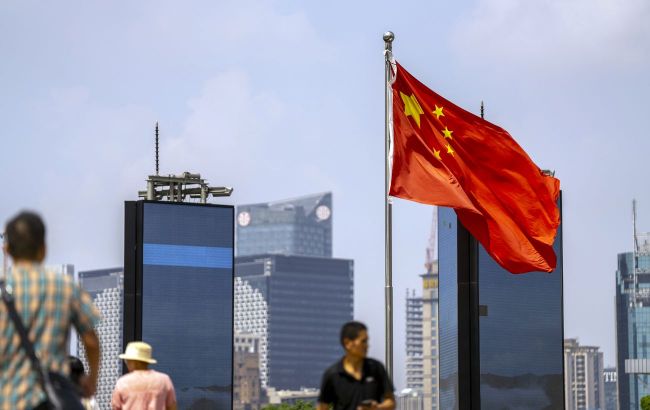Beijing mobilizes government officials and diplomats in response to trade war with US
 China tries to cooperate diplomatically with other countries against Trump's tariffs (Photo: Getty Images)
China tries to cooperate diplomatically with other countries against Trump's tariffs (Photo: Getty Images)
China has placed civilian officials in Beijing under martial law and ordered the initiation of diplomatic measures aimed at encouraging other countries to abandon the tariffs imposed by US President Donald Trump, according to Reuters.
According to one of the sources of the agency, officials from the Communist Party's propaganda department played a leading role in shaping China's response, and government spokespeople posted videos on social media featuring former leader Mao Zedong, who said, “We will never yield."
According to Reuters' sources, as part of the martial law, employees at the foreign affairs and trade ministries were ordered to cancel their vacation plans and keep their mobile phones on 24/7. Departments dealing with US affairs were also reinforced.
For several months, Chinese diplomats have been trying to establish a high-level communication channel with the Trump administration to protect what the Chinese cabinet described in state media as mutually beneficial trade relations.
Optimistic Chinese commentators even hoped for a major deal with Trump regarding trade, TikTok, and possibly Taiwan.
Beijing's diplomats have been engaging with the governments of other countries against which Trump has imposed tariffs, including sending letters requesting cooperation. Two sources also mentioned that they had contacted America's long-time allies in Europe, Japan, and South Korea.
"China is a responsible major country. We stand up against hegemony, not only to safeguard our own rightful interests, but also to uphold the common interests of the international community," stated the Chinese Ministry of Foreign Affairs.
The statement further added that the trade war was initiated by the US and imposed on China, and if the US genuinely wants to resolve the issue through dialogue and negotiations, it should stop exerting excessive pressure.
Trump tariffs
Trump stated he might offer exceptions to his 10% tariff for most of the US trading partners. At the same time, he insisted that the tariff was pretty close to the minimum level for countries seeking to negotiate trade agreements.
On April 2, the US president introduced new tariffs on imports from over 180 countries worldwide. The rates range from 10 to 54%, depending on the country and specific groups of goods and raw materials.
The introduction of these tariffs triggered a drop in stock market indices worldwide, particularly in the US, China, and Taiwan.


